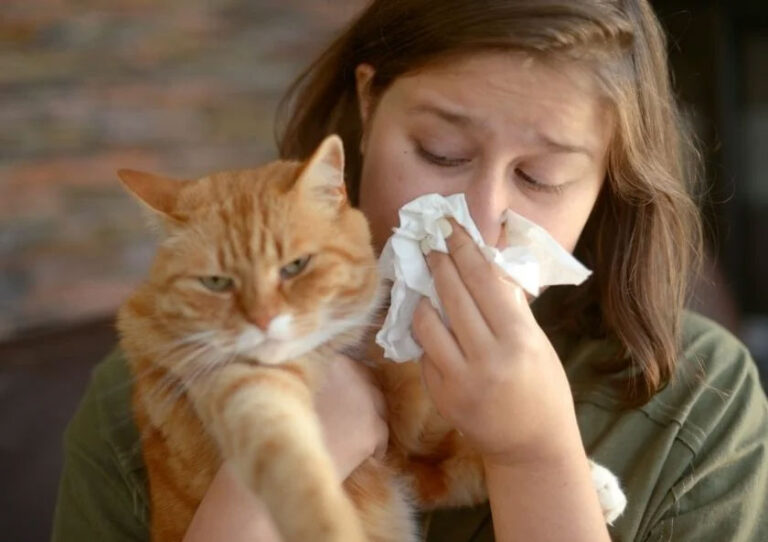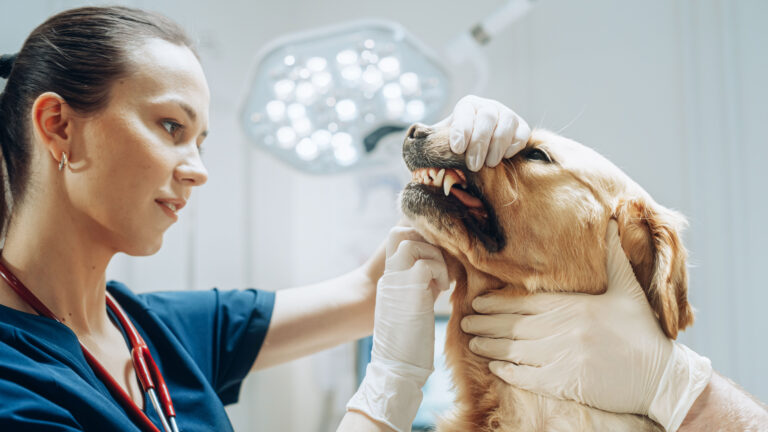Spring into Action: Seasonal Pet Care Tips
As winter fades and spring blossoms, it’s the perfect time to ensure your pets are prepared for the seasonal changes. Spring brings not only warmer weather but also specific challenges and opportunities for pet owners. Here are some essential tips to keep your furry friends healthy and happy this season.
1. Refresh Preventative Measures
With the arrival of spring, parasites like fleas, ticks, and heartworms become more active. To protect your pets:
- Flea and Tick Prevention: Initiate or continue year-round flea and tick preventatives. These parasites can transmit diseases and cause discomfort.
- Heartworm Medication: Consult your veterinarian about starting or maintaining heartworm prevention, especially if it’s not a year-round routine. Heartworms are transmitted by mosquitoes, which are more prevalent in warmer months.
2. Update Vaccinations
Spring often means more outdoor activities and interactions with other animals. Ensure your pet’s vaccinations are current to protect against diseases they might encounter.
3. Be Allergy Aware
Just like humans, pets can suffer from seasonal allergies. Signs include:
- Excessive scratching or licking
- Red, irritated skin
- Sneezing or watery eyes
If you notice these symptoms, consult your vet for appropriate treatments.
4. Practice Safe Gardening
Many common spring plants and gardening products can be hazardous to pets. To create a pet-safe garden:
- Choose Non-Toxic Plants: Avoid planting species harmful to pets, such as lilies, daffodils, and azaleas.
- Store Chemicals Safely: Keep fertilizers, pesticides, and herbicides out of reach, as ingestion can lead to serious health issues.
5. Ensure Home Safety
As you open windows to let in fresh air, ensure your home remains safe for pets:
- Secure Window Screens: Properly fitted screens prevent pets from falling out or escaping.
- Use Pet-Friendly Cleaning Products: Opt for cleaning supplies free from harmful chemicals to avoid potential toxicity.
6. Maintain Hydration and Coolness
With rising temperatures, it’s vital to keep pets cool and hydrated:
- Provide Fresh Water: Ensure pets have constant access to clean water, especially during outdoor activities.
- Avoid Overheating: Limit exercise during peak heat hours and provide shaded areas for rest.
7. Schedule a Veterinary Check-Up
A spring veterinary visit can help address any health concerns:
- Dental Health: Discuss your pet’s dental care routine and address any issues.
- Weight Management: Evaluate your pet’s weight and adjust diet or exercise routines as needed.
By proactively addressing these aspects, you can ensure your pet enjoys a healthy and joyful spring season. Always consult with your veterinarian for personalized advice tailored to your pet’s specific needs.








